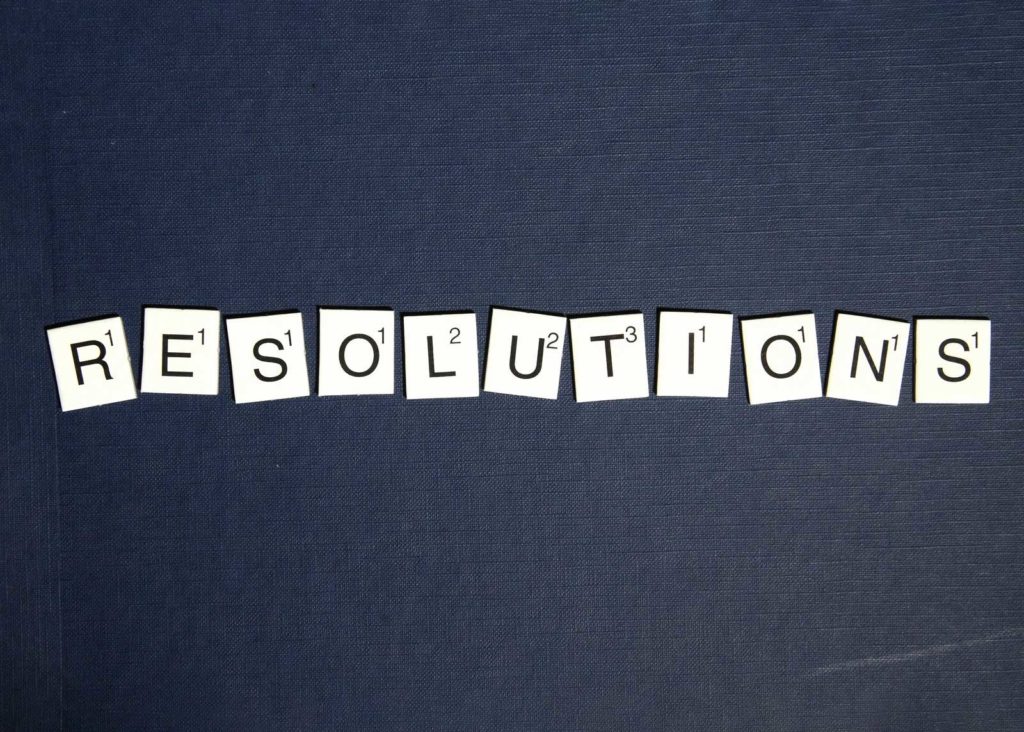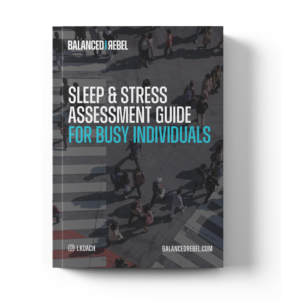A new year started, brand 365 new days for us to decide how we want to live. And it’s the same story every January, millions of people distil their hopes and dreams for self-improvement into a shiny new set of New Year resolutions with one thought in mind: This is the year of change!

These goals range from being happier, losing weight, getting fitter, becoming financially independent, changing jobs …you name it!
But despite our best intentions, it seems most of us by the 19th of January (it’s known as the quitters day, unfortunately) will fail to put in practice all the resolutions we planned on the 1st day of the year.
We all probably come up with a zillion reasons for why we fail: lack of time (this is the most common), no resources, lack of motivation or simply you just are not in the mood to really transform your life. Probably it was nothing more than a nice, although brief, intention. At the end of the day, they are all excuses to justify our lack of, or lowered interest or belief in our abilities in causing the real change so that we can sleep peaceful at night.
It doesn’t matter what resolution(s) you planned: either quitting smoking, starting to go to the gym or to work on that addiction you have. Eventually and realistically, transforming your life comes down to consistency and dedication.
Without consistency and dedication most of us will give up on their new year’s resolution within one to six weeks of starting them, and to our surprise, most of us keep repeating those new year resolution year after year…
There are many reasons or excuses why most new year resolution don’t stick, but if you really want your resolution to become a reality then the only question is: What can you do to make it happen?
What if instead of setting impossible-to-achieve goals and watching them fail like clockwork each year, we try to better understand the psychology behind your goals?
Let’s take a common example of new year resolution: “I will quit smoking!”
- Without a plan, most probably you will stop smoking the first week, maybe 2 or 3
- But then “life” (let’s call the complexity of events that happen on our daily life) will push you to that old smoking habit. So, in reality what really failed?
What failed was the lack of a plan and setting unrealistic expectation, some people will quit easily but the majority will fail, because:
- They can’t quit a habit just like that, specially one that is associated with reward or pleasure like smoking
- When deprived of a habitual pleasure the brain works in funny ways
If you plan and decide that in first week of January “I’ll smoke 4 cigarettes a day instead of 5” (assuming you smoke 5 cigarettes in a day) and on the 3rd week of January “I’ll smoke 3 cigarettes a day instead of 4” (assuming you were consistent in smoking the 4 in the previous weeks), and so on
By using this strategy of lowering your consumption rather than eliminating it cold turkey by end of January your cigarrete consumption will reduced by 40%.
Accountability is key to transformation — Asking a friend or a coach to help us in transforming your habits is essential, otherwise we tend to come back to our comfort zone and to the habits that our brain knows how to perform without any problem.
Ask a friend to whom you will report the progression of your plan to quit smoking
- Tracki and review if you don’t know where you are how can you track your success? That’s why the plan is so important, so that you can visit the plan and understand if you are being successful or failing.
- Don’t blame yourself if you fail, its normal, change is not easy, but use that opportunity to learn what’s blocking you from success “quit smoking”
- At some point in the journey, your inner saboteur “self-doubt” will come into the picture. Don’t allow past failures to dictate your future, that voice in your head saying: “I already tried everything, and I failed, so what’s the point”, IS NOT REAL! You are not your thoughts you are your actions, and you are working a different one!
- The last point is the “Why?” — “why do you really want to quit smoking?”. What’s the real reason for you to have that resolution? How would your life be in 2023 if you quit smoking? Would your life be better or worse?
Does this make sense to you? It’s very difficult to change a pleasuring habit regardless of its consequences! It takes 21 days to create a habit and 66 days to make it automatic and without a plan and strategy quitting or transforming an old habit will be an impossible mission for most of us.
Sticking to your New Year’s resolution requires focus, specificity and a heavy dose of realism.
If you don’t know where and how to start, talk to us. We are experts in helping to transform and change peoples lives to the better.





